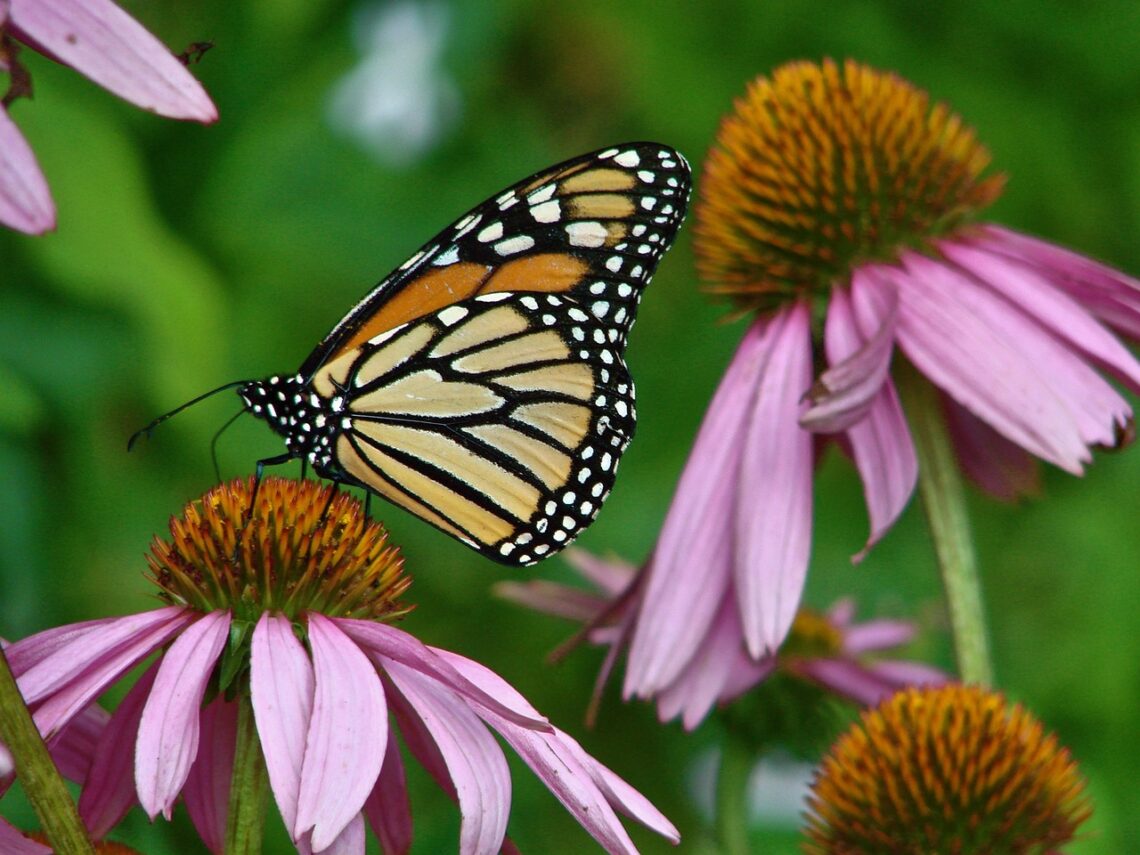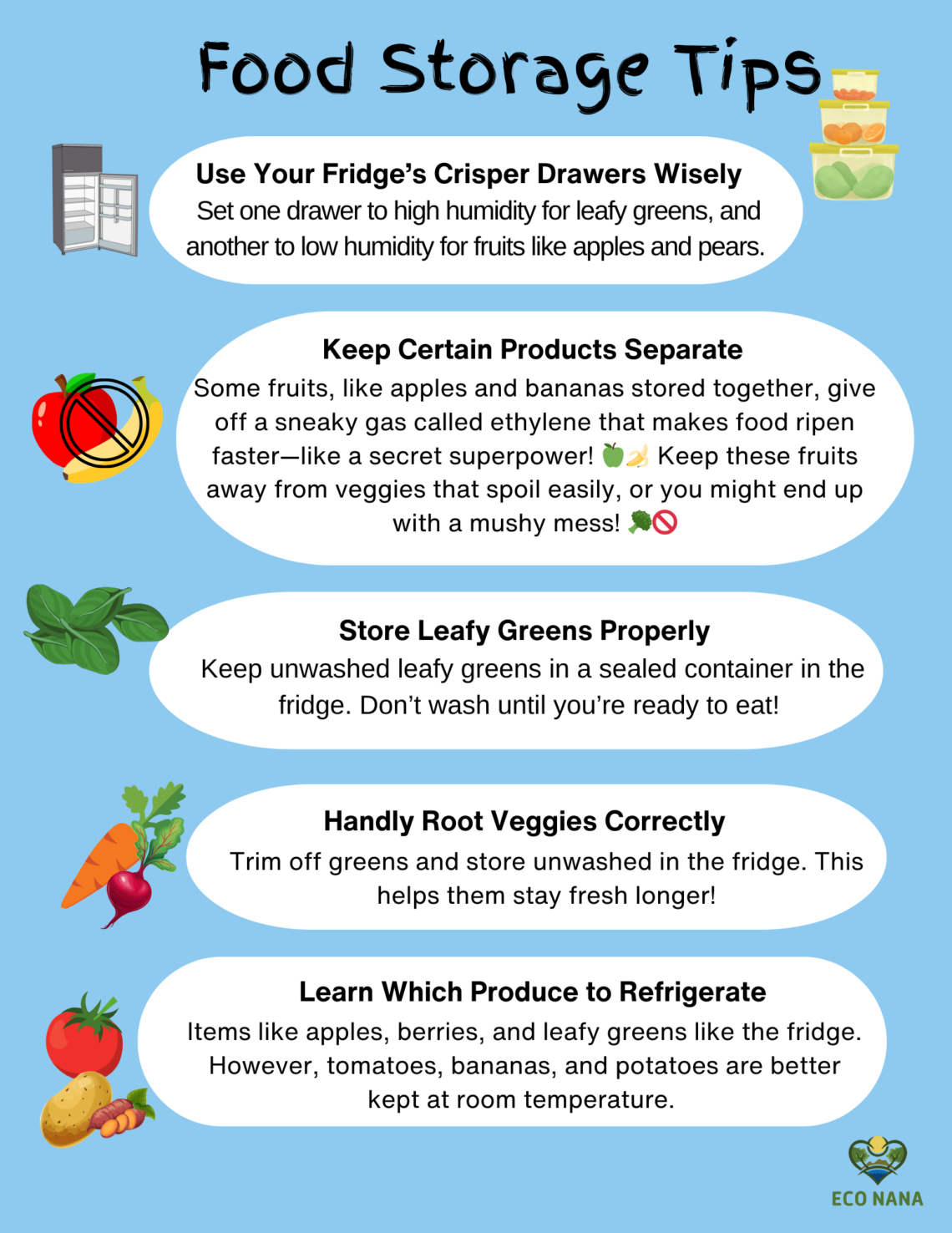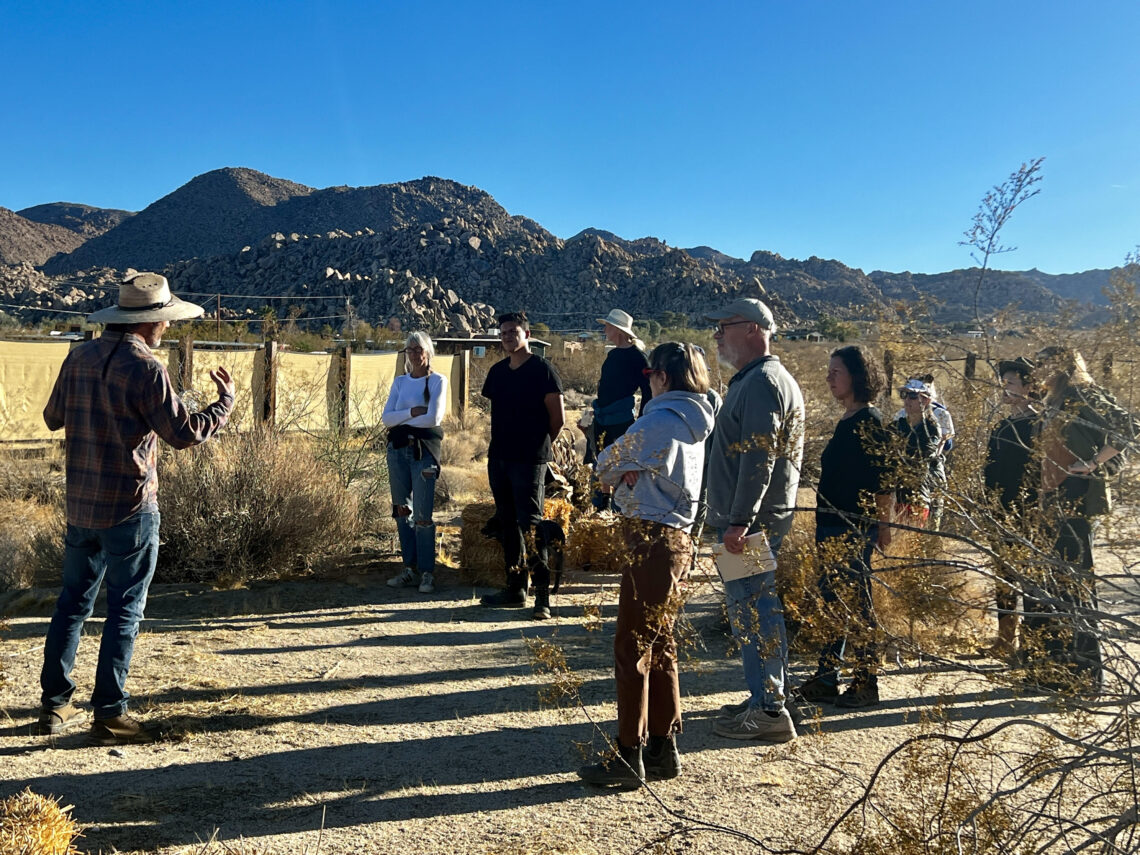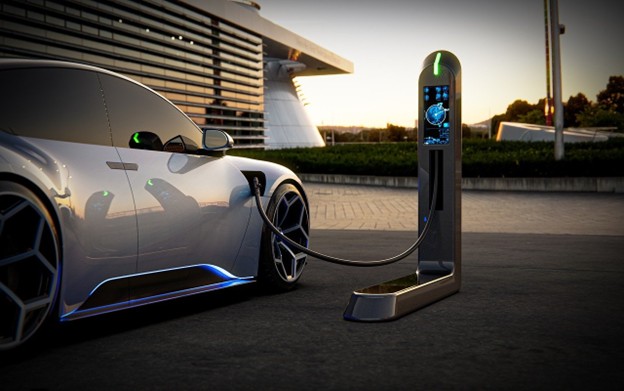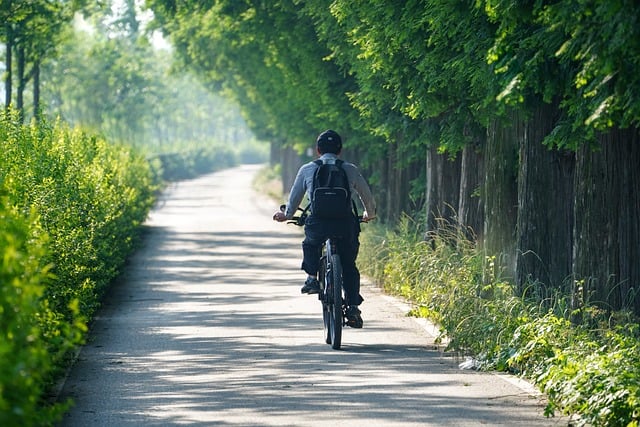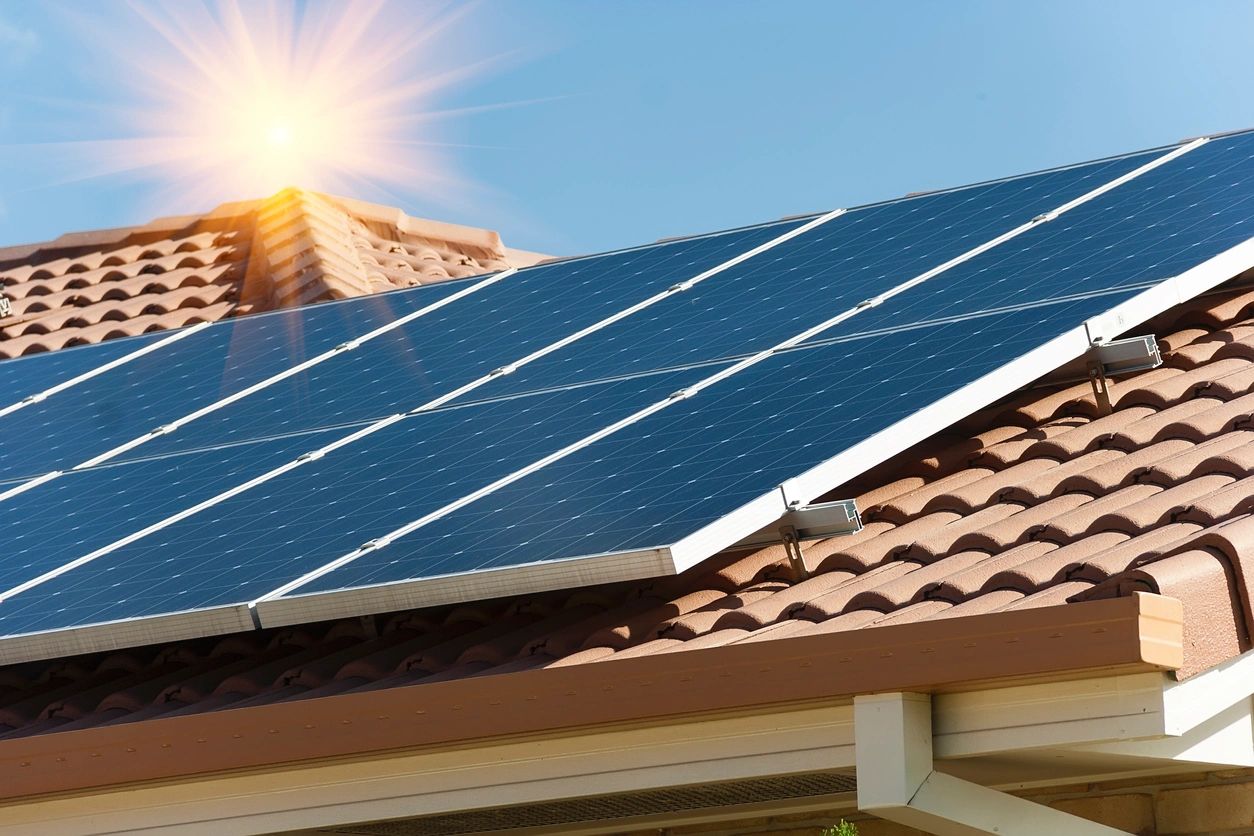Solutions
-
Turn Your Yard Into a Certified Wildlife Habitat
By Holly Shaftel, contributing writer Imagine: Butterflies dance over wildflowers, bees hum at lavender, and a hummingbird sips from honeysuckle. A rabbit nibbles clover as a fox slips through tall grass at dusk. Birds call from the hedgerow, completing the lively scene. At the garden’s edge, a “Certified Wildlife Habitat” sign stands — this thriving haven is your backyard! A certified wildlife habitat is a yard or garden that provides food, water, shelter, and space for wildlife to raise their young. Through the National Wildlife Federation (NWF), anyone can create one — at home, a school, a business, or even a place of worship. Why certify? Many wild animals have…
-
“Food Waste Fix: Smart Hacks to Save Food & Save the Planet!”
-
What Is Permaculture? Joshua Tree Course Provides Overview and Community
By Holly Shaftel, EarthRise LLC Earth’s problems are increasingly complex, but the solutions can be incredibly simple. That’s according to Warren Brush, a global resilience design consultant, educator, lecturer, and storyteller who helped lead an “Intro to Permaculture” weekend workshop at the Joshua Tree Foundation for Arts and Ecology in Joshua Tree, Calif., on Dec. 6–8, 2024. The event provides a taste of a two-week permaculture design certification course in the same location. According to Brush, permaculture (a word combining “permanent” and “culture” or “agriculture”) is “a design science for regenerative human settlement that harmonizes with natural patterns to create more life.” Put another way, permaculture helps humans work with…
-
Fueling the Future: Why EVs Are Better for the Environment
Guest Post by Holly Shaftel Introduction When I was on Facebook (maybe five years ago), I once debated an old high school classmate about electric vehicles. I can’t remember the details, but this person replied to my post about electric trucks, spewing all the falsehoods she likely picked up from her social circle, including those about battery production. As a proud EV owner and former NASA climate website editor, I’m used to “science bombing” online trolls, bots, and deniers who work for Big Oil and other bad actors. So, it might not surprise you that misinformation (unintentionally false information) and disinformation (intentionally false information) around electric cars often came up in…
-
How I Try to be Eco-Friendly
Being eco-friendly is really important to me, and I’ve been working to make choices that help the environment and reduce my carbon footprint. I started by driving hybrid cars, like the Honda Insight and then the Prius Prime. These small cars were great for getting around town. A few years ago, I upgraded to a fully electric car, and I’m really happy with it! I bought my current home about two and a half years ago. Although it’s been a financial stretch, my boyfriend and I invested in solar panels, a heat pump system (for heating, cooling, and hot water), and an induction stove. We’re thrilled with these upgrades, even…
-
Solutions to Climate Change
Finding solutions to climate change isn’t easy, but it can be done! Some are easy, some are hard, some are expensive, and some are cheap. And, believe it or not, you can have fun doing it! One of my biggest frustrations working on NASA’s Climate website was our inability to discuss solutions to climate change. That wasthe most asked question that came through our “Feedback” section (which no longer exists). Climate change is one of the biggest challenges our world faces today. It means that Earth’s average temperature is rising. It also means that ice sheets and glaciers are melting, and extreme weather is getting worse. Fortunately, people around the…
-
Renewable energy is an important solution to climate change
Renewable energy is a critical solution to climate change. Renewable energy is energy from sources we can’t run out of. Some types of renewable energy, like wind and solar, come from sources that are not depleted when used. Others, like biomass, come from sources that can be replenished. Common types of renewable energy are wind, solar, hydropower, biomass and geothermal. Renewable energy has two advantages over the fossil fuels that provide most of our energy today. First, there is a limited amount of fossil fuel resources (like coal, oil and natural gas) in the world, and if we use them all we cannot get any more in our lifetimes. Second, renewable energy produces…

